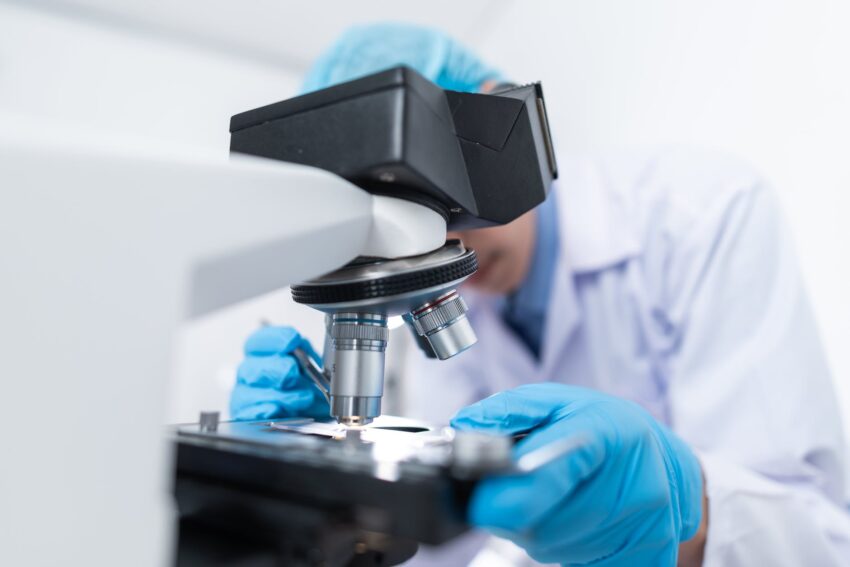In recent years, the medical research field has seen a surge of interest in the therapeutic potential of psychedelics. This newfound interest has led to a fundamental shift in the way substances such as psilocybin, LSD, and MDMA are perceived and categorized. However, it also opens up a new frontier of complex legal frameworks and ethical considerations.
The shift in public perception towards psychedelics has occurred in large part due to ground-breaking clinical trials on their possible therapeutic benefits. A survey published in the Journal of Psychopharmacology highlighted that psilocybin, found in magic mushrooms, could significantly reduce symptoms in patients with treatment-resistant depression. A clinical trial by Johns Hopkins Medicine examined MDMA’s potential in treating post-traumatic stress disorder (PTSD), where patients showed promising improvement in their symptoms.
While the medical community recognises the therapeutic potential of these substances, the legal landscape is inconsistent and contentious. In the United States, policymakers and lawmakers base their drug policy largely on the Controlled Substances Act of 1970, which classifies these substances as Schedule I drugs – substances with high potential for abuse and no currently accepted medical use. However, the promising results from medical research indicate that this classification may need to be reassessed for certain substances. For instance, following FDA-approved Phase 3 trials, MDMA is on its way to be reclassified for therapeutic use in treating PTSD.
Many advocacy groups are pushing for decriminalization and harm reduction approaches as an elemental part of the evolving drug policy. A prime example is the city of Denver, which in 2019 became the first U.S. city to decriminalize psilocybin for persons 21 years and older, followed by Oregon legalising regulated medical use of psilocybin. These efforts are guided by a growing understanding that therapeutic uses outweigh potential misuse, and heavy-handed law enforcement does more harm than good. Also, decriminalization aids in reducing the stigma around substances, fostering an environment for more open discussions regarding their therapeutic use.
Meanwhile, challenges arise from ethical concerns. Primarily, who should have the rights and access to psychedelics if their therapeutic utility is acknowledged widely? This ethical quandary circles around autonomy, fairness, personal freedom, and risks of misuse. Any substance regulation must balance this therapeutic access with potential harm reduction. For instance, individuals dealing with severe mental illnesses, or those who are vulnerable to psychoactive substances, might need additional safeguards, like possibly making these therapies available only under supervised settings.
Understanding the historical misuse and socio-political circumstances of the “War on Drugs” is essential to avoid repeating past mistakes. Yet, it is also critical not to let these historical precedents overshadow the genuine therapeutic benefits these substances might offer. Given the increasingly strong evidence for therapeutic efficacy of many psychedelics, it is imperative for the legal and regulatory systems to adapt.
In an ideal world, research-led evidence would be the foundation for the legal frameworks that govern the use and distribution of psychedelics. However, achieving this entails an extensive engagement of researchers, policymakers, medical practitioners, and the public in a nuanced conversation about drug policy and its implications for both individual rights and public health.
Significant strides have been made, but still, there’s much to be done. Future progress is incumbent upon openly addressing the complexities and challenges in incorporating psychedelics into mainstream medical usage while navigating the tricky terrain of substance regulation and associated legalities. As the discourse around psychedelics progresses, the ultimate goal must be the creation of policies that maximize their benefit, foster harm reduction, and respect individual rights.
